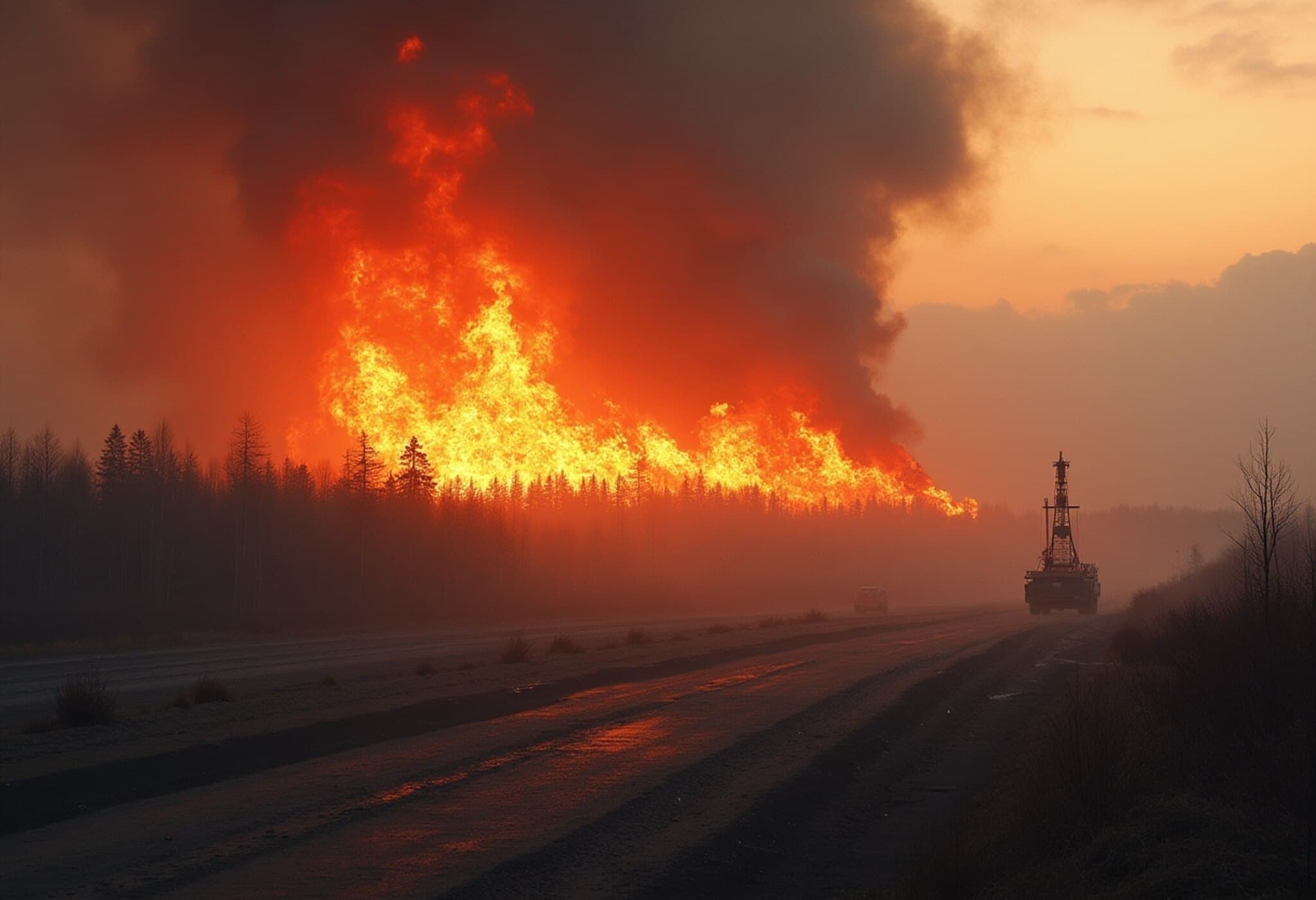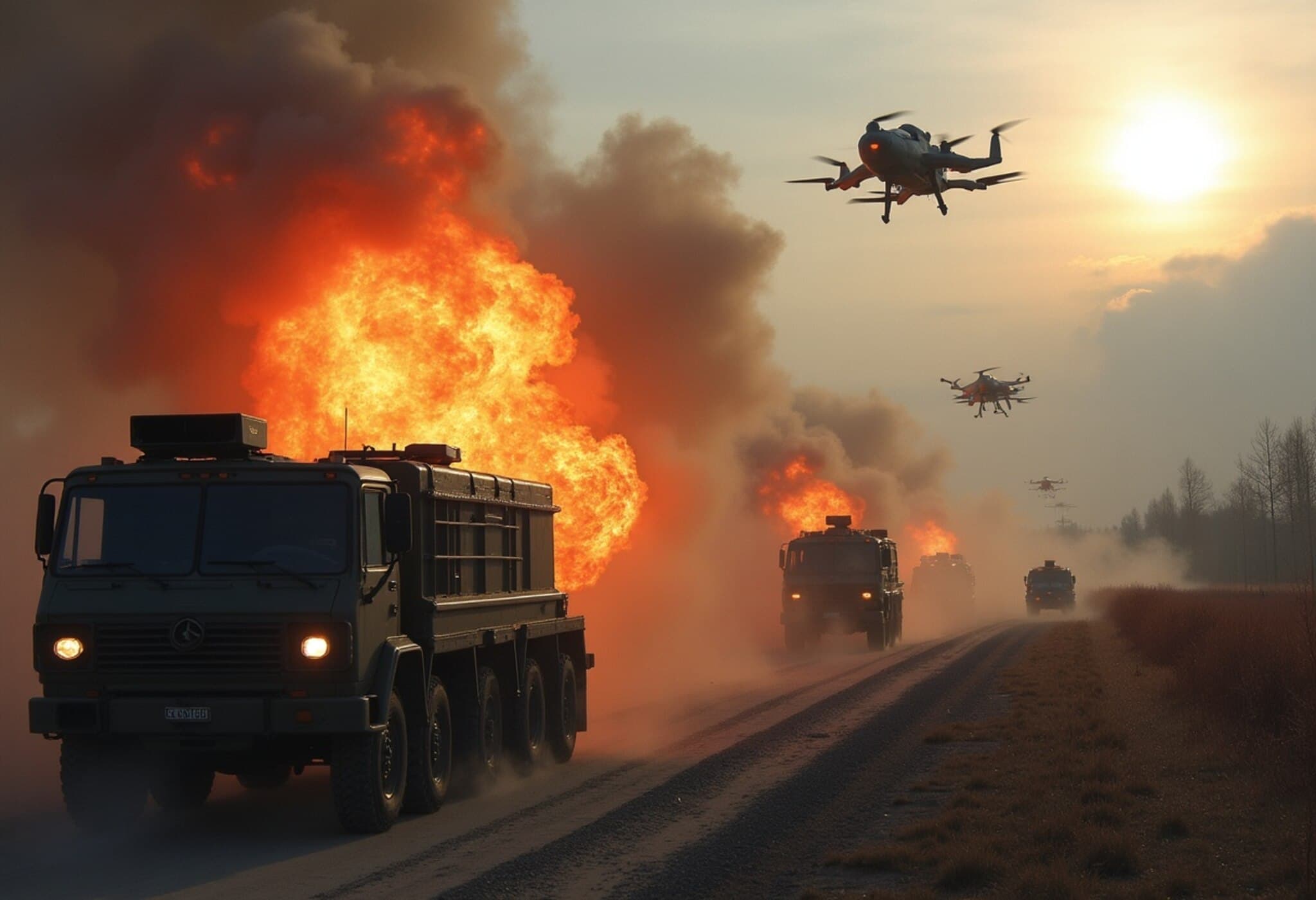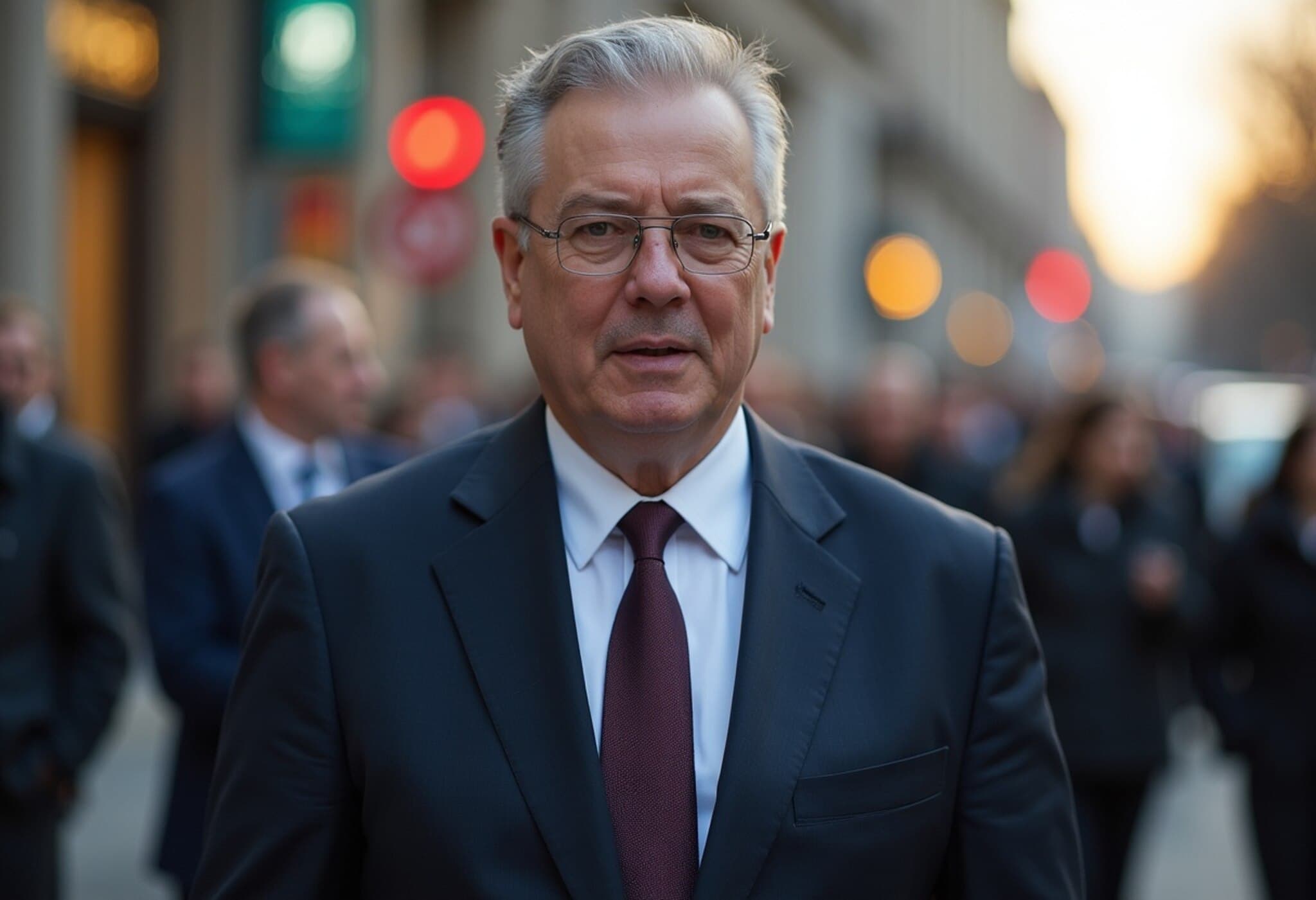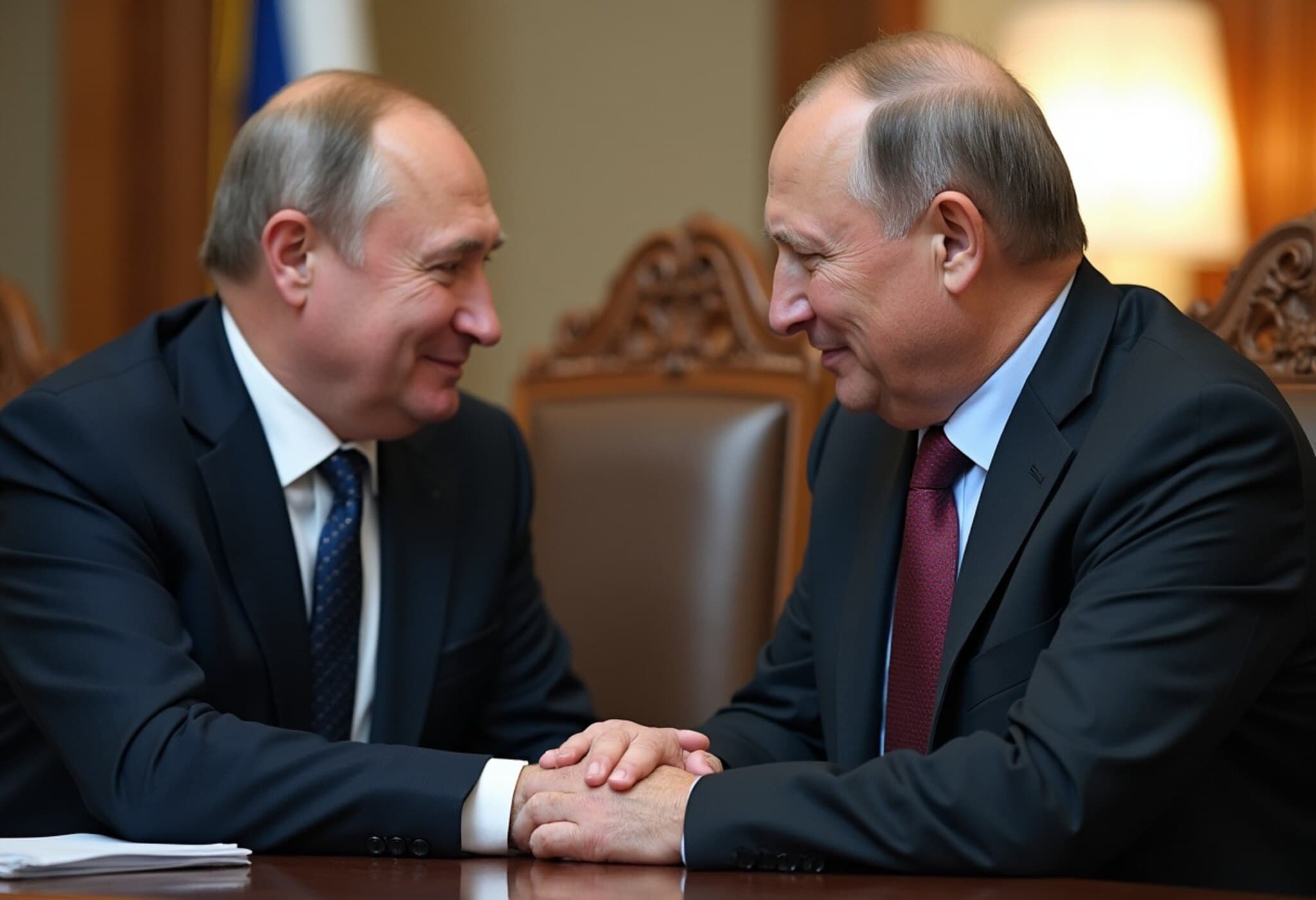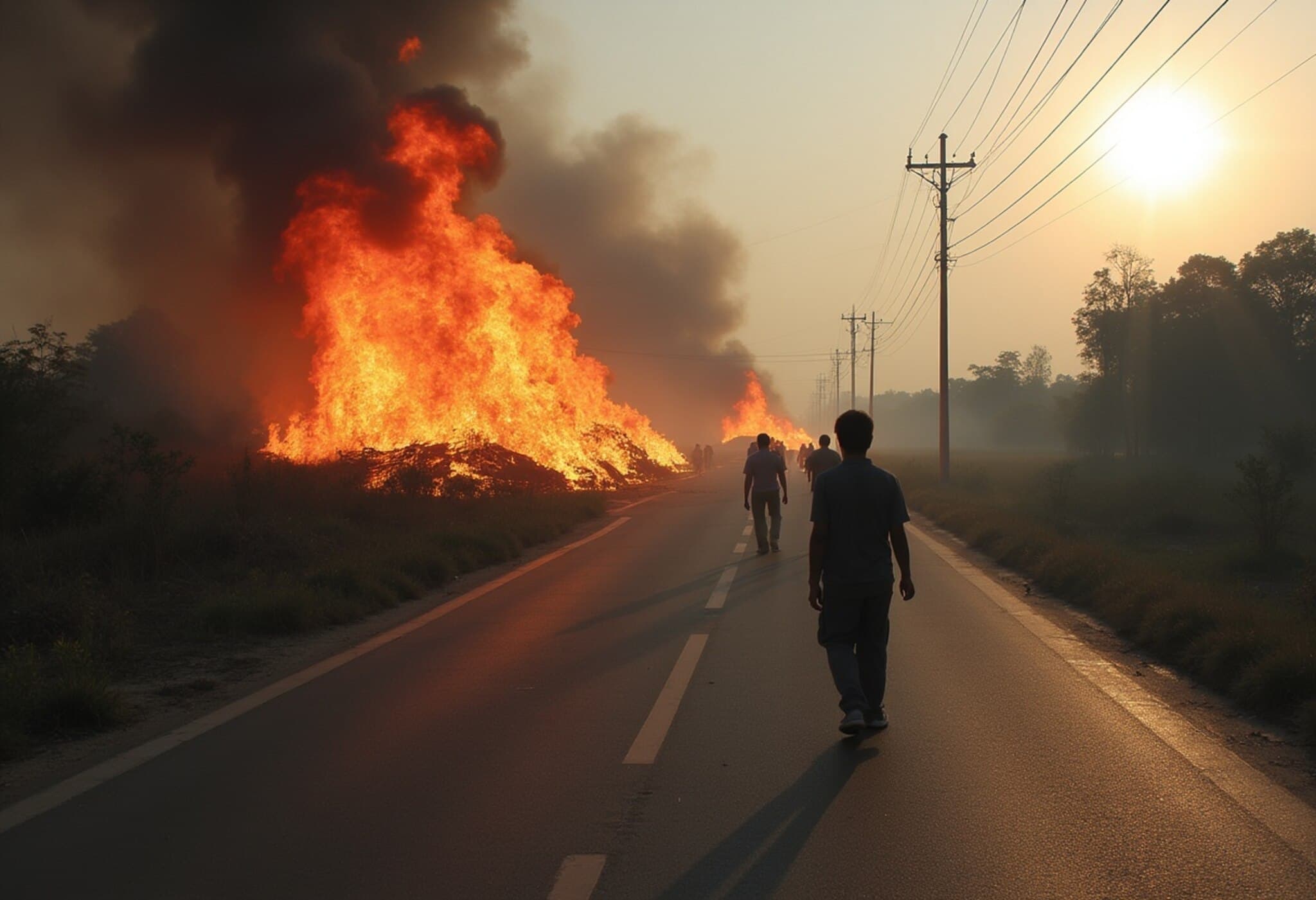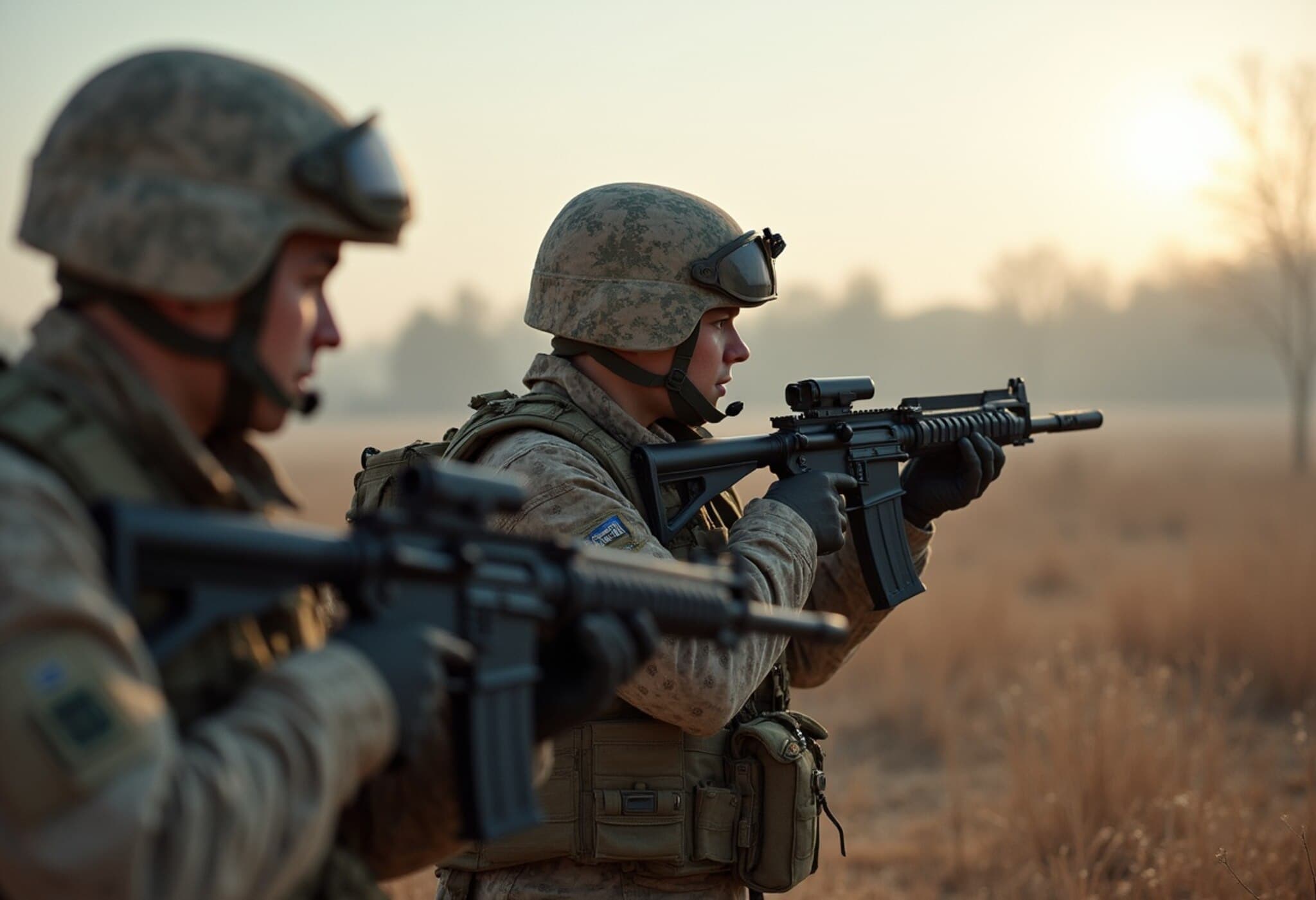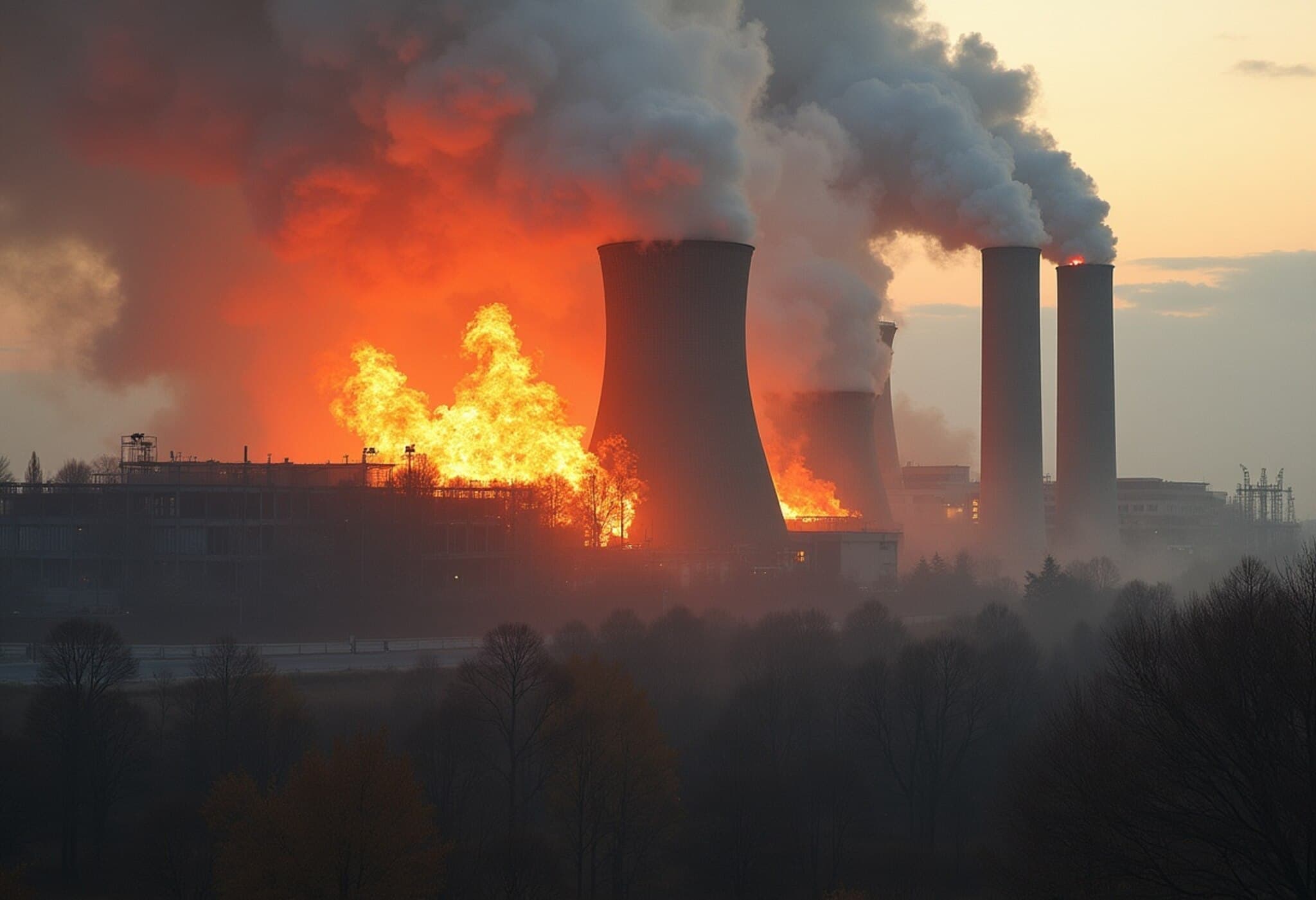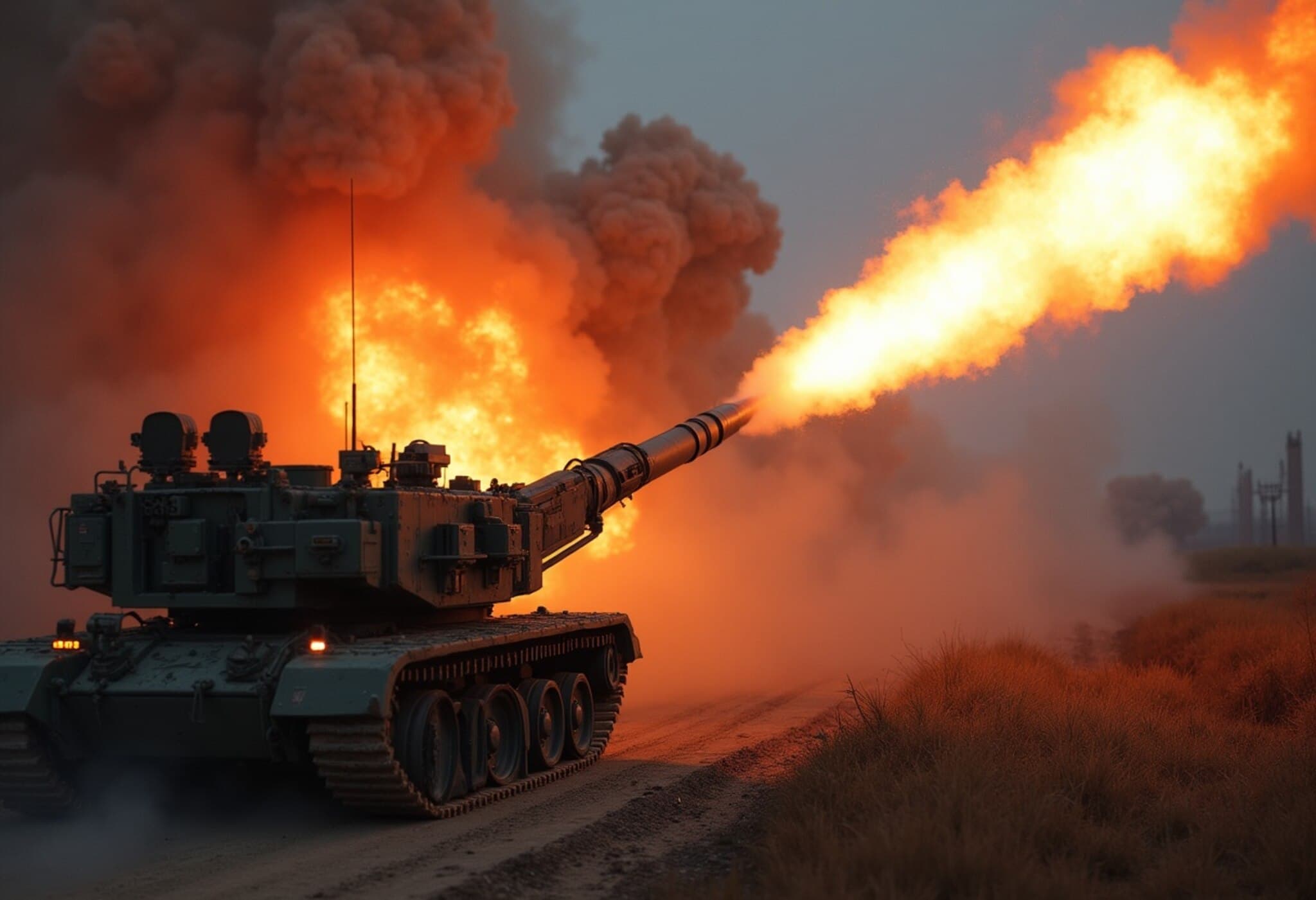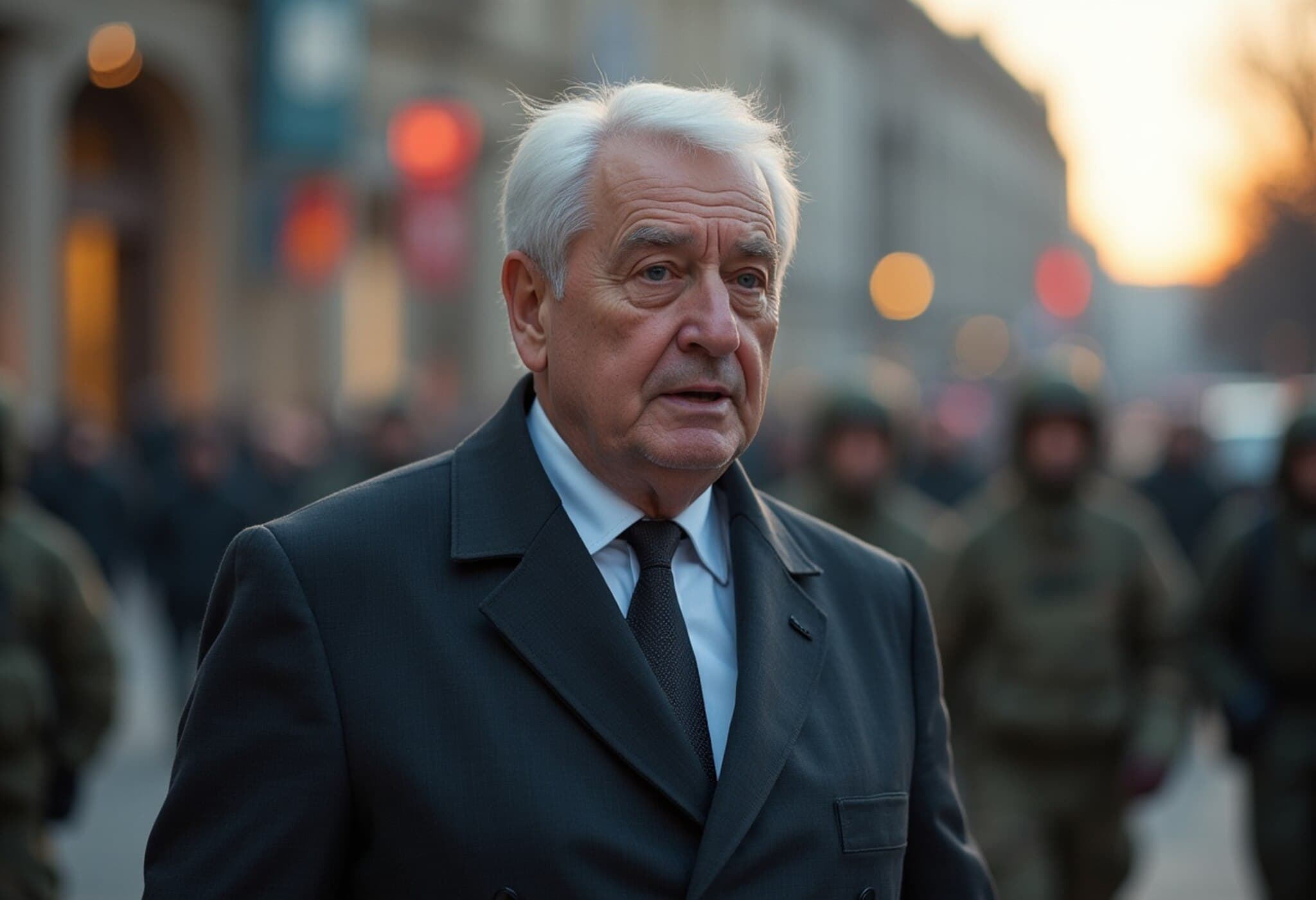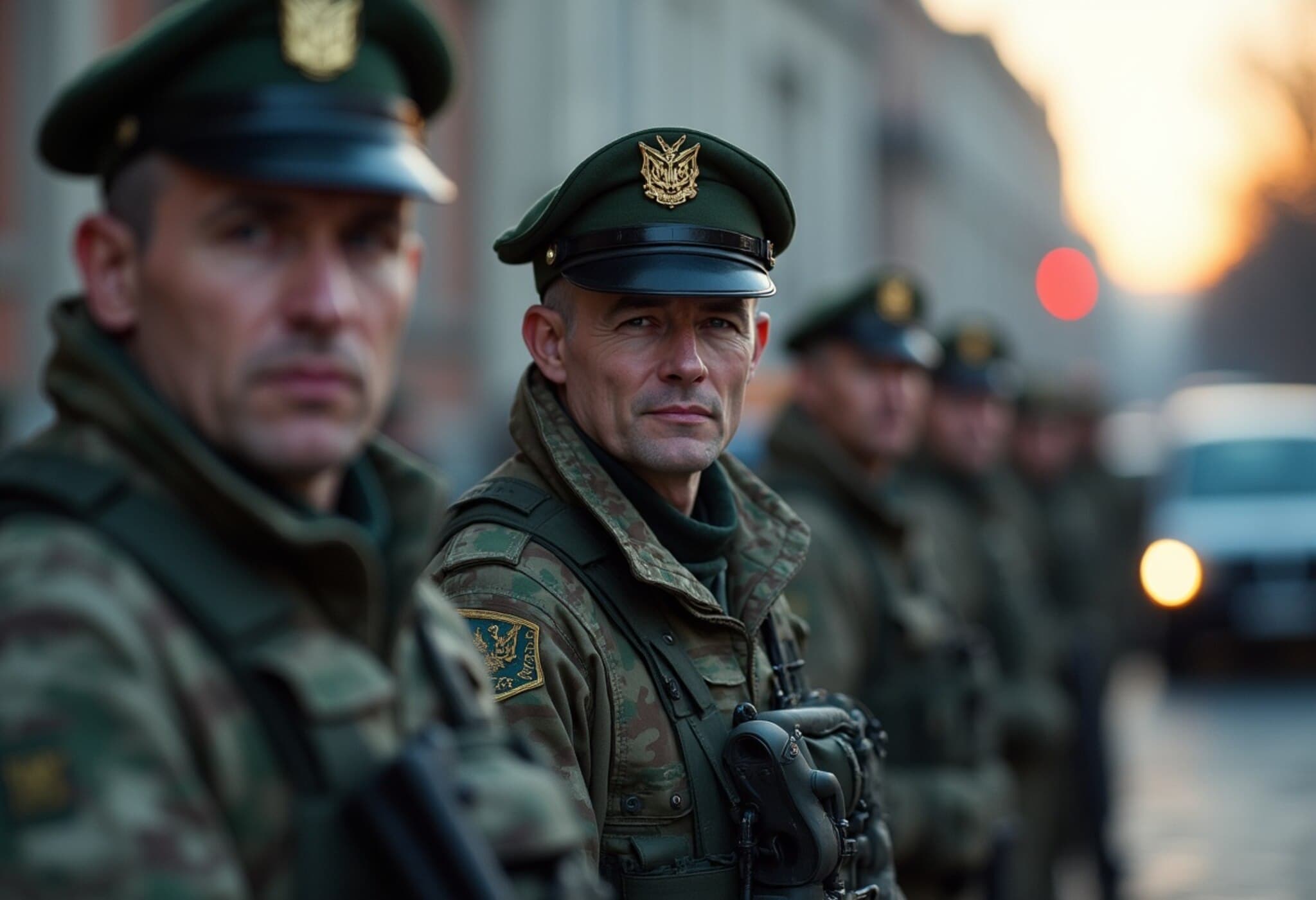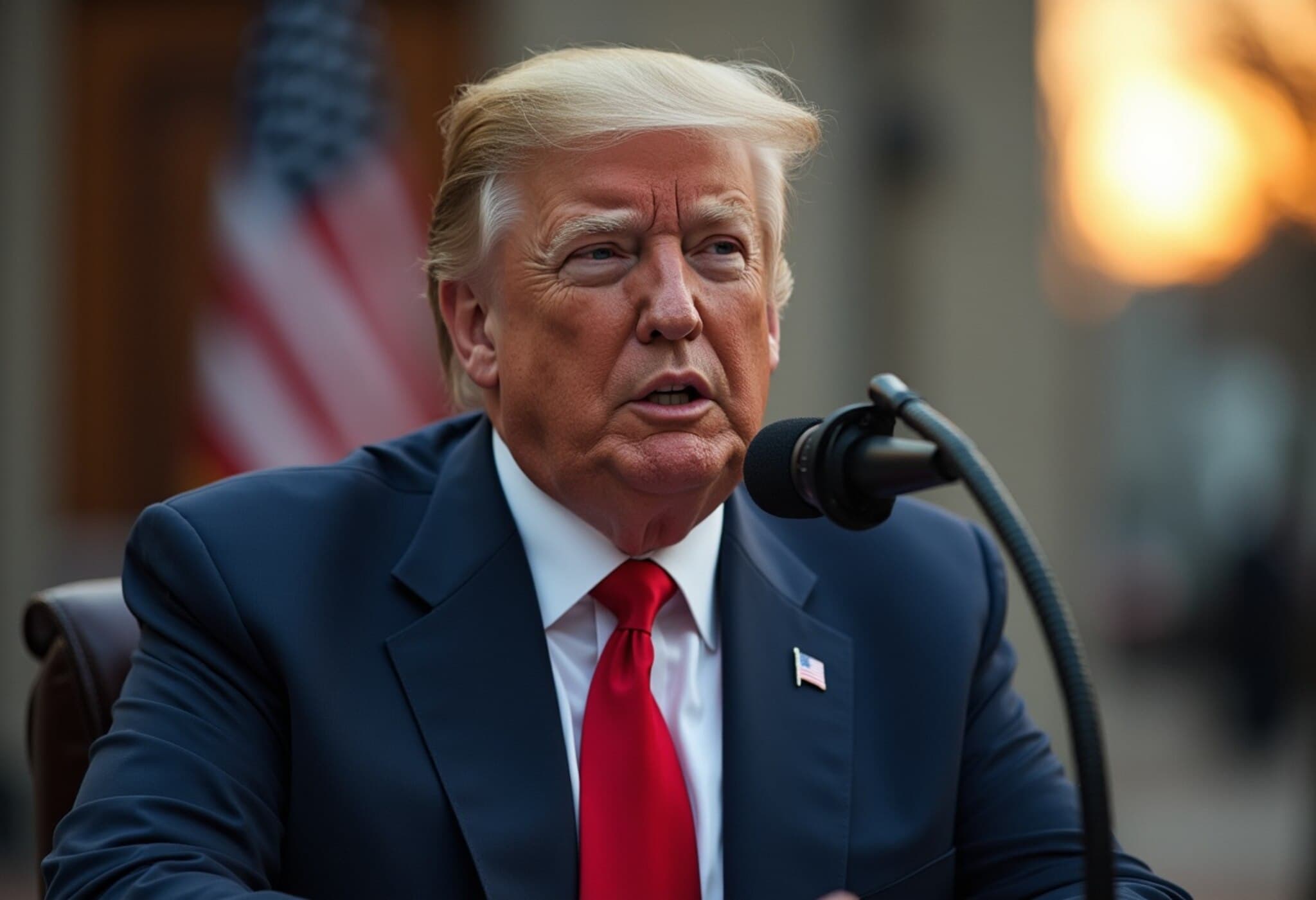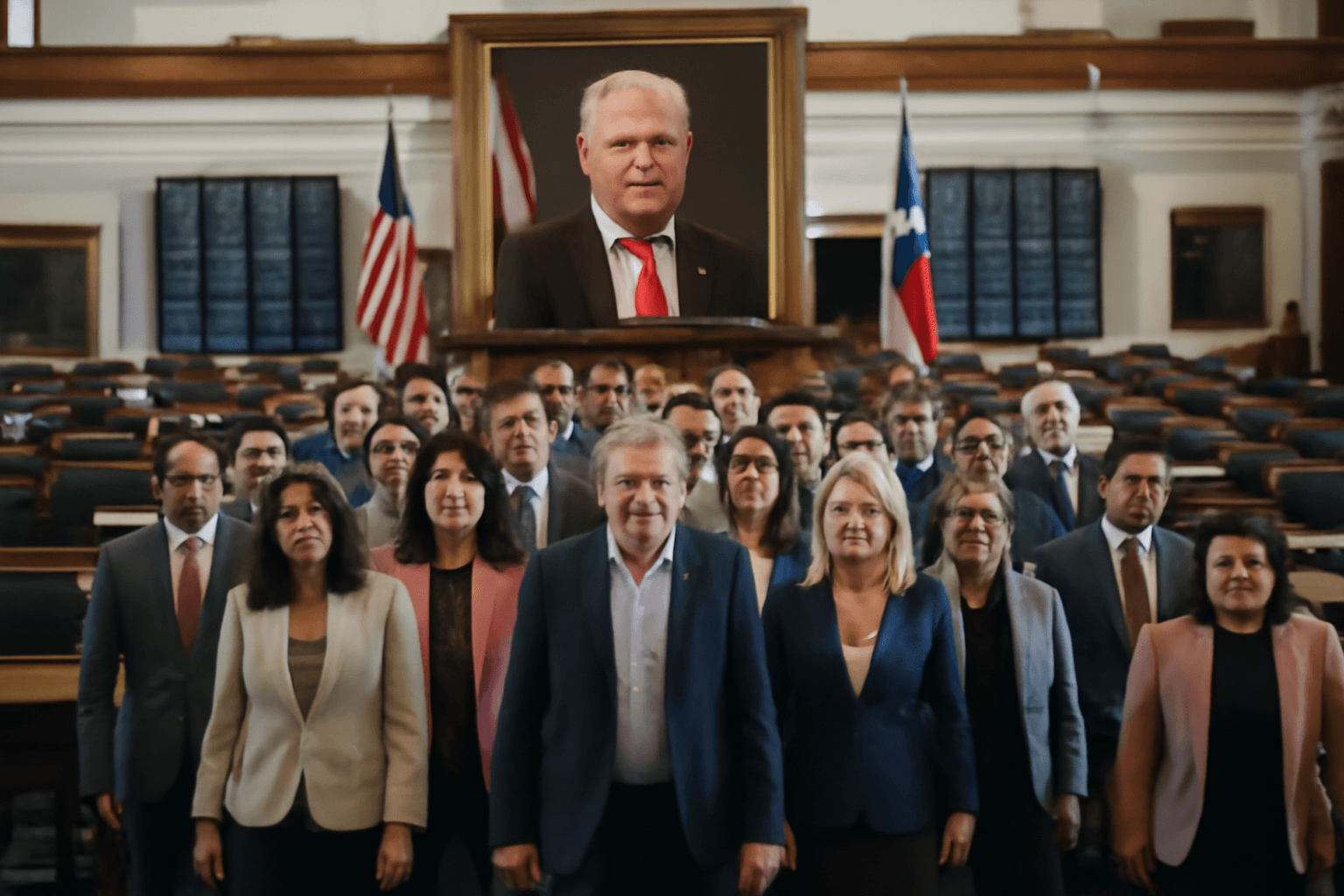Ukrainian Drone Strikes Ignite Fire at Russian Oil Depot Near Sochi
In a dramatic escalation of tensions between Russia and Ukraine, a Ukrainian drone attack overnight set ablaze a Russian oil depot near the Black Sea resort city of Sochi. Local authorities reported that debris from a downed drone struck a critical fuel tank, igniting a massive blaze that required the efforts of more than 120 firefighters to contain.
Krasnodar Regional Governor Veniamin Kondratyev shared updates via Telegram, highlighting the scale of the fire and the emergency response mobilized to prevent further damage. Social media footage captured towering plumes of smoke rising ominously above the depot, sparking concern among residents and aviation officials alike.
Impact on Civil Aviation and Broader Military Escalation
In response to the fire and security risks, Russia’s civil aviation authority, Rosaviatsia, temporarily suspended flights at Sochi International Airport. The disruption reflects growing vulnerability along Russia’s southern corridors amidst the ongoing conflict.
Farther north, the Voronezh region reported another Ukrainian drone strike injuring four individuals, underscoring the widening geographical scope of hostilities.
Russian Defense Forces and Ukrainian Counterattacks
Russia’s Defense Ministry announced that their air defenses intercepted an incredible 93 Ukrainian drones flying over Russian territory and the Black Sea overnight. This high volume of drone incursions symbolizes an intensification of Ukraine's tactical use of unmanned aerial vehicles to challenge Russian control.
Conversely, Ukraine’s air force disclosed that Russia launched 76 drones and seven missiles targeting various locations within Ukraine. Ukrainian defenses successfully intercepted most attacks, though 16 drones and six missiles managed to strike targets across eight separate sites, causing casualties and infrastructural damage.
The Human Cost in the Battleground Cities
Adding to the human toll, a Russian missile strike hit a residential neighborhood in southern Ukraine’s Mykolaiv city, injuring seven people, as reported by Ukraine's State Emergency Services. This incident occurred during one of the conflict’s deadliest weeks in recent months, marred notably by a previous Russian drone and missile attack that claimed 31 lives, including five children, and left over 150 injured.
Prisoner Exchange Agreement: A Glimmer of Diplomacy Amid Conflict
In what many see as a rare diplomatic development, Ukrainian President Volodymyr Zelenskyy announced that Ukraine and Russia have reached an agreement to exchange 1,200 prisoners. The announcement came shortly after their latest round of negotiations held in Istanbul this July.
Zelenskyy shared on the social media platform X that the involved parties are finalizing lists of individuals to be swapped and working tirelessly to "unblock the return of our civilians." Although Russia has yet to comment officially, this development provides a slight hopeful respite against the backdrop of ongoing hostility.
Negotiations and the Quest for a Ceasefire
While each of the three negotiation rounds this year has yielded prisoner exchange agreements, tangible progress toward a ceasefire remains elusive. Zelenskyy highlighted ongoing discussions with senior Ukrainian officials focused on the implementation of agreements made during talks with Russia and preparations for a future meeting.
Experts caution that despite the prisoner exchange, fundamental differences persist, making an immediate ceasefire unlikely. The negotiations, although crucial for humanitarian reasons, have yet to address deeper strategic and territorial conflicts.
International Pressure and the U.S. Role
Adding complexity to an already fraught situation, U.S. President Donald Trump recently imposed a tighter deadline — August 8 — for meaningful progress in peace talks. Trump warned of additional economic sanctions on Russia should negotiations stall further, though he expressed skepticism about their effectiveness, noting Russia’s reputed resilience to sanctions.
Trump also indicated that his special envoy, Steve Witkoff, might visit Russia shortly before the deadline, underscoring the U.S.'s ongoing involvement aimed at mediating the conflict.
Looking Ahead: High Stakes and Fragile Hope
This latest wave of reciprocal drone and missile attacks highlights a region locked in a brutal, episodic conflict with devastating human and infrastructural consequences. Yet, amid the smoke and rubble, tentative steps toward prisoner exchanges and dialogue provide a sliver of hope for de-escalation.
Observers urge close attention to upcoming diplomatic developments, particularly whether sustained negotiations can translate into a broader ceasefire — and whether international actors can effectively apply pressure to move warring parties beyond protracted stalemate.
Editor’s Note:
The recent Ukrainian drone strike near Sochi not only underscores the escalating military tactics reshaping the conflict but also raises pressing questions about civilian safety, cross-border security, and the international community’s role in conflict resolution. While the announced prisoner exchange marks progress, the fragile nature of peace talks reminds us that durable peace requires more than humanitarian gestures — it demands renewed political will and strategic compromise. Readers are encouraged to consider the broader implications of these developments on regional stability and global geopolitics.

